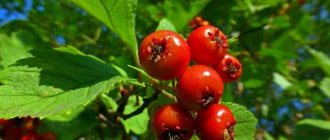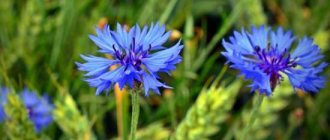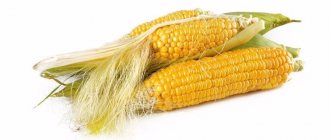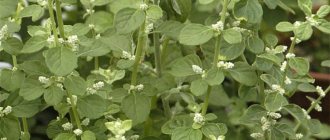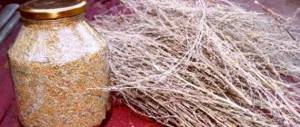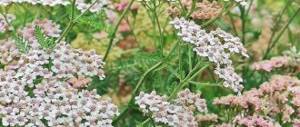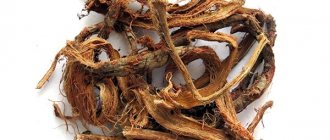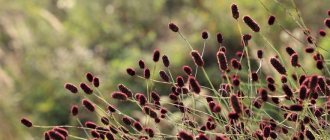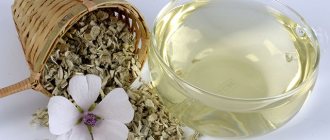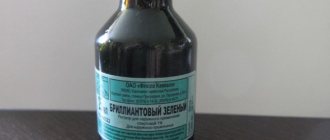Ledum is a pharmacopoeial plant that has been used for therapeutic purposes since ancient times. The second popular name for a representative of the Heather hemlock family is the hemlock (not to be confused with the hemlock of the Umbrella family). Its extracts are used to make various medications, and decoctions, infusions and teas are easy to prepare and take at home.
This is not a rare herb, so finding it will not be difficult. The medicinal properties of the plant are primarily aimed at the treatment of bronchopulmonary diseases and rheumatism, but it is worth considering that marsh wild rosemary is poisonous and for this reason has a large list of contraindications for use. It is strictly forbidden to take it in childhood, with kidney disease, liver disease and some other pathologies, and for women during pregnancy and lactation. If there are no contraindications for use, you should adhere to certain treatment rules and not exceed the dosage.
Medicinal properties of marsh rosemary and its chemical composition
This plant has a rather complex, but rich, multicomponent biochemical composition. Thus, the shoots of the medicinal plant are enriched with:
- essential oils;
- tannins;
- arbutin;
- flavonoids;
- organic acids;
- hydrocarbon;
- bicyclic alcohols;
- phenols;
- phytoncides;
- terpenoids;
- vitamins;
- coumarins.
Composition of medicinal plant
Despite the fact that certain parts of the plant have a poisonous composition, it is still highly valued in medicine, not only folk, but also official. Many doctors prescribe herbal remedies with wild rosemary because it:
- has anti-inflammatory properties;
- helps liquefy sputum;
- has a bronchodilator effect;
- promotes the removal of mucus and facilitates breathing;
- improves blood circulation in the lungs and other organs;
- has a bactericidal effect;
- heals wounds;
- lowers blood pressure.
Medicines containing wild rosemary are especially often used in pulmonological practice.
But its use is widespread in other medical fields.
Indications for the use of wild rosemary are:
- bronchitis (acute, obstructive, purulent, chronic, etc.);
- bronchial asthma;
- chronic obstructive pulmonary disease (as an auxiliary folk remedy - decoctions, teas and infusions);
- pneumonia;
- rheumatism;
- purulent bacterial skin lesions (pyoderma, streptoderma, staphyloderma);
- diseases of the gastrointestinal tract;
- kidney pathologies.
It is advisable to use medications with wild rosemary for pathological lesions of the ENT organs. So, it will be effective for sore throat, tracheitis, laryngitis, accompanied by the accumulation of viscous, difficult-to-discharge secretion on the vocal cords.
Ledum extract is included in some nasal preparations. It helps to liquefy the viscous secretion accumulated in the paranasal sinuses during sinusitis, ethmoiditis, frontal sinusitis, and significantly accelerates the process of its elimination.
Don't overdose
You can take medications with this herb for pulmonary tuberculosis, but only on the recommendation of a phthisiatrician. The products are also suitable for external use, so they are often prescribed for rubbing and lotions for infectious and inflammatory lesions of the skin.
See also:
Creeping wheatgrass - medicinal properties and contraindications, benefits and harms

